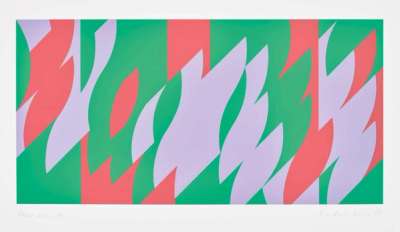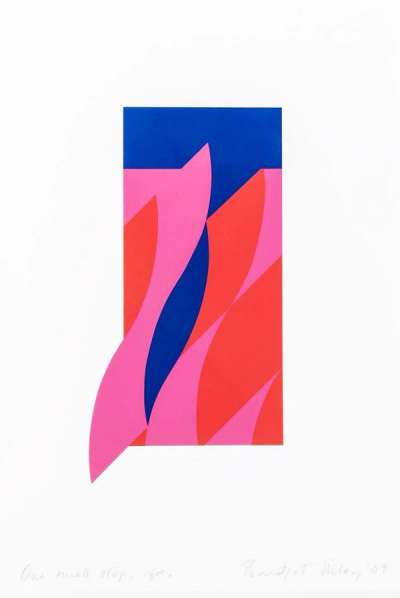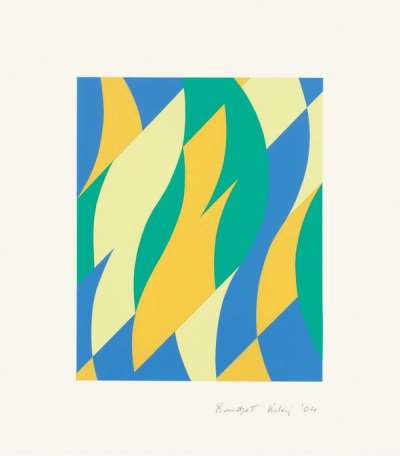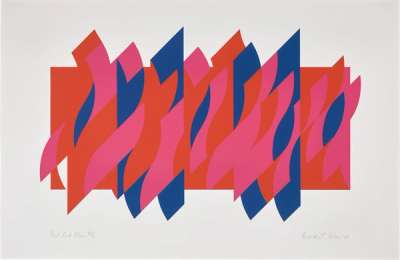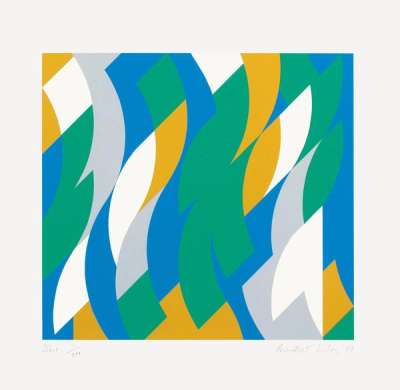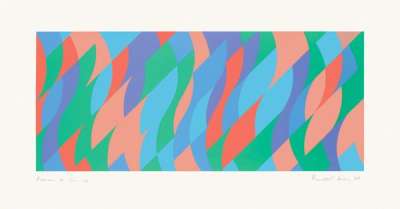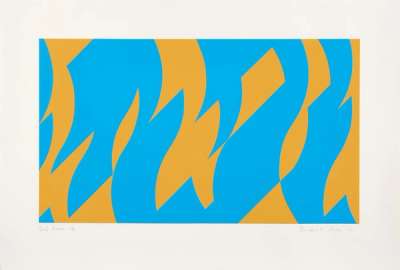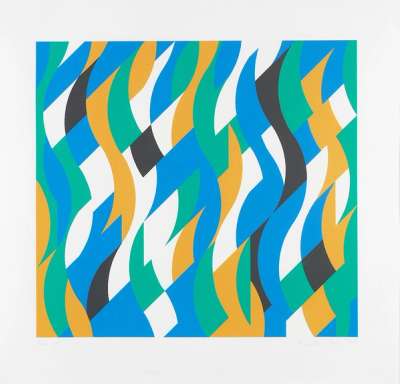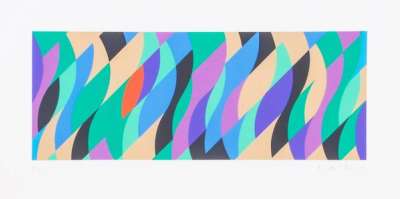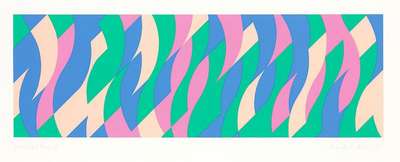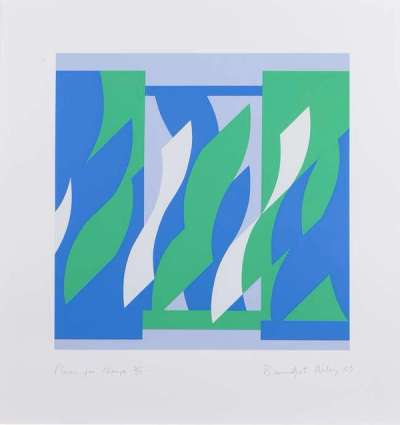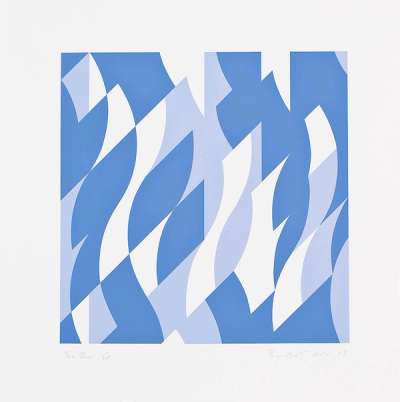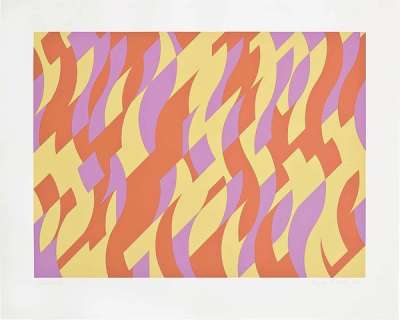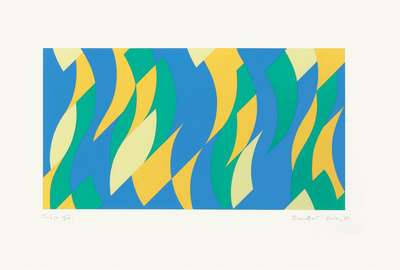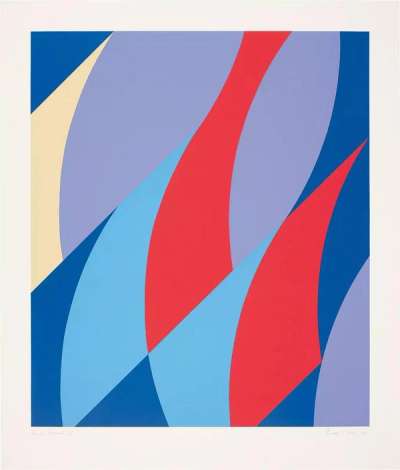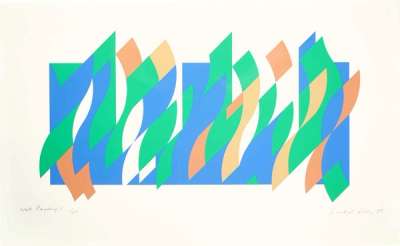
Sylvan

Sylvan
Signed Print
Bridget Riley
£6,500-£9,500Value Indicator
$13,500-$20,000 Value Indicator
$12,000-$17,000 Value Indicator
¥60,000-¥90,000 Value Indicator
€7,500-€11,000 Value Indicator
$70,000-$100,000 Value Indicator
¥1,230,000-¥1,800,000 Value Indicator
$8,500-$12,500 Value Indicator
AAGR (5 years) This estimate blends recent public auction records with our own private sale data and network demand.
There aren't enough data points on this work for a comprehensive result. Please speak to a specialist by making an enquiry.
Medium: Screenprint
Edition size: 75
Year: 2000
Size: H 89cm x W 61cm
Signed: Yes
Format: Signed Print
TradingFloor
Track this artwork in realtime
Watch artwork, manage valuations, track your portfolio and return against your collection
Track auction value trend
Auction Results
| Auction Date | Auction House | Location | Hammer Price | Return to Seller | Buyer Paid |
|---|---|---|---|---|---|
| October 2024 | Forum Auctions London | United Kingdom | |||
| October 2023 | Sotheby's New York | United States | |||
| March 2021 | Sotheby's London | United Kingdom | |||
| December 2020 | Tate Ward Auctions | United Kingdom | |||
| September 2020 | Sotheby's London | United Kingdom | |||
| April 2013 | Lyon & Turnbull Edinburgh | United Kingdom | |||
| September 2011 | Skinner, Boston | United States |
Meaning & Analysis
Sylvan (2000), a signed screen print by Bridget Riley, was released in an edition of 75. Although non-representational, composed of the serpentine shapes belonging to Riley's Lozenges series, Sylvan nevertheless generates abstract movement; the viewer traces the many transitions between carnivalesque colours across interlocking forms.
Composed of four colours in interlocking planes, the forms constituting Sylvan are elegant and serpentine, evoking a sense of disembodied movement. This carnival of colours: blue, green, yellow and orange, is redolent of a dance. Colour in this series, like Riley’s other series, is declaratively interactive: each hue seems to change pitch and tone depending on its neighbours. Far removed from Riley’s monochromatic origins, Riley’s Lozenges work sees the abstract artist at her most confident with colour.
Of her work, Riley stated the viewer’s eye “should feel caressed and soothed, experience frictions and ruptures, glide and drift. One moment there will be nothing to look at and the next second the canvas seems to refill, to be crowded with visual events”.
